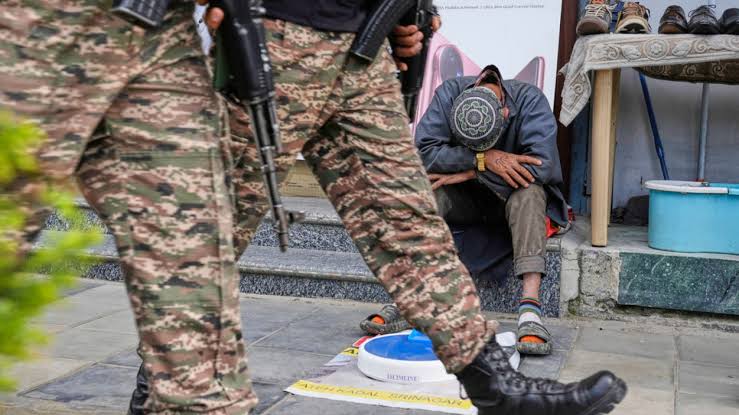Amid heightened tensions following a terrorist attack in Jammu and Kashmir that claimed the lives of several individuals, India and Pakistan are turning to the European Union for support-but with sharply contrasting expectations.
During individual interviews with Euronews, the ambassadors of the two nations to the EU presented their sides following the April attack at Pahalgam, where 26 civilians, most of whom were Hindu pilgrims, were killed. India has accused Pakistan of backing cross-border terrorism, and in response, suspended the Indus Waters Treaty, expelled Pakistani diplomats, and closed the borders. Pakistan has rejected any involvement and retaliated by suspending the Simla Agreement, limiting trade, and closing airspace.
India's envoy to the EU, Saurabh Kumar, urged the EU to apply its economic might to compel Pakistan to dismantle what he referred to as a "terror network" from its soil. Kumar excluded any possibility of international mediation, and said direct bilateral talks could resume only if Pakistan stops aiding terror. "Terror and talks cannot go together," Kumar said, reiterating India's call for tangible action against terror outfits.
On the contrary, Pakistan's EU Ambassador Rahim Hayat Qureshi also welcomed international mediation and thanked EU High Representative Kaja Kallas for her initiative. Qureshi contended that the crisis is not bilateral but a test for the rules-based international order. He called on Europe to be more proactive in mediating the conflict and demanded that the will of Kashmiris be taken into account. "We are willing to accept arbitration, negotiations, consultations, mediation-everything to ensure the rule of law is respected between our two states," he added. The EU deplored the Pahalgam attack, reiterated the right of every state to defend its citizens against terror, and appealed to India and Pakistan to calm down and preserve civilian lives.
Source: Euronews

